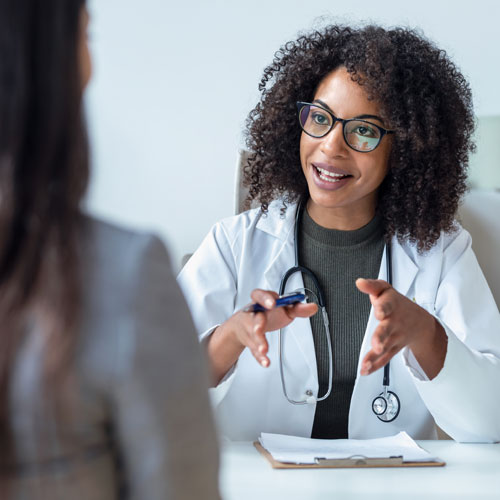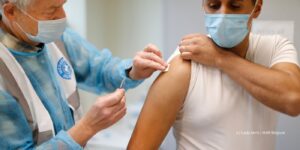
Antibiotics – medicines used to treat infections caused by bacteria, viruses, fungi and parasites – are among our most powerful tools in combatting disease. But antibiotic resistance represents a global health threat. When infections no longer respond to treatment regimens prescribed by physicians, their risk increases dramatically along with lengthier hospital stays and higher healthcare costs.
Overuse and misuse of antibiotics contributes to an increase in resistant bacteria populations. When treating infections poorly, people may not recognize the importance of taking all prescribed doses of medication in accordance with doctor orders; some might even take more or different antibiotics than necessary which may result in additional infections as well as greater drug resistance.
Resistant microbes emerge through natural selection, with advantageous genetic traits favoring those that provide them with protection from antimicrobials. Their traits may then be passed along via microbes themselves or contact with humans, animals or plants – potentially including humans themselves!
Bacteria that have acquired resistance factors are more likely to survive, reproduce and infect other cells – leading to rapid spread of resistance across more environments, undermining effectiveness of antibiotic treatments.
Resistance is an issue facing all countries and income levels, especially low and middle income countries. Overuse and misuse of antibiotics by humans, livestock and agriculture is a major source of resistance; poverty and inequality worsen this condition even further.
The World Health Organization and United Nations have both set targets to reduce AMR by 2050, including morbidity and mortality due to infections that do not respond to existing antibiotics. To meet these goals, more investment must be put into antibiotic research and development as well as improving water, sanitation and hygiene among human and animal populations, along with implementation of strategies which promote good practices to prevent infection as well as ensure better stewardship of existing antimicrobials.
Established in 2016, the Global Leaders Group on AMR is an independent, high-level advisory and advocacy forum that brings together leaders from public, private and civil society sectors in order to accelerate political action on antibiotic resistance. WHO collaborates with the GLG to play an instrumental role in driving AMR reduction efforts by providing technical advice and strategic support, with an eye toward adopting a One Health approach encompassing health, nutrition, agriculture, environment, sanitation and water. The AMR Multi-Partner Trust Fund is an essential source of funding to sustain GLG’s work. The Fund funds catalytic policy advice, technical assistance and capacity strengthening programmes across many nations worldwide. Funded through contributions from governments and other stakeholders, the Trust Fund supports over 50 countries today; with work continuing until it has achieved its goals. Comprised of 16 members encompassing various backgrounds and interests but all united in their pursuit of combating AMR. It currently supports over 50 countries.





